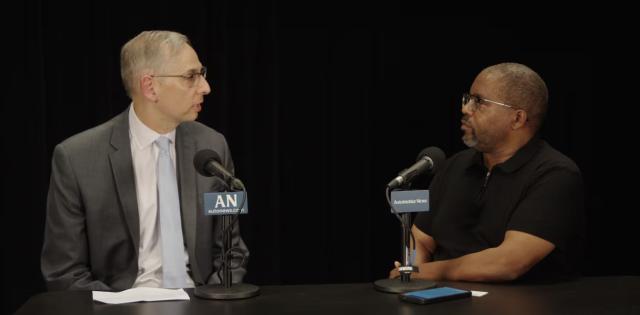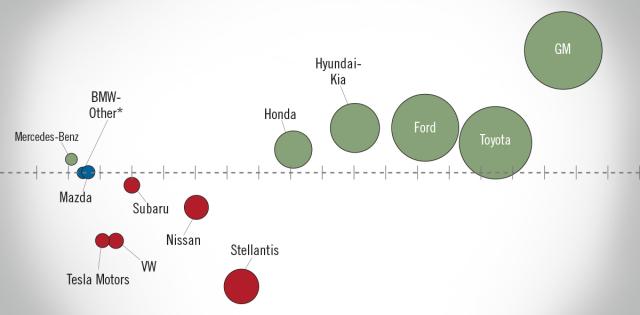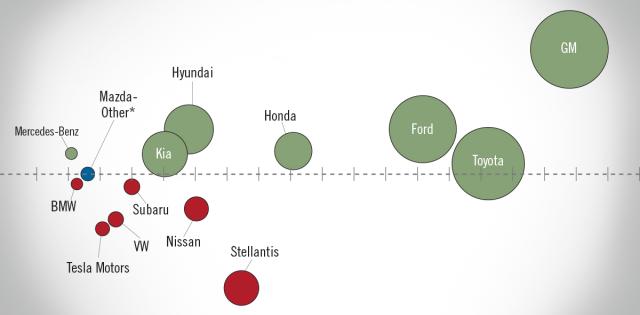Today, NADA along with the Texas Automobile Dealers Association (TADA) filed a legal challenge in US Federal Court to stop the FTC’s recently finalized Vehicle Shopping Rule.
The FTC’s new regulation, which was finalized in late December and goes into effect on July 30, 2024, would unnecessarily lengthen and complicate the vehicle sales process, and contains extreme, duplicative penalties for infractions that are already illegal at the federal and state levels.
“The FTC’s Vehicle Shopping Rule is simply terrible for consumers,” said NADA president and CEO Mike Stanton. “NADA is challenging the FTC in court to stop this rule because it will add massive amounts of time, complexity, paperwork and cost to car buying and car shopping for tens of millions of Americans every year.”
NADA, dealer associations and local dealerships filed thousands of comments urging the FTC to re-work its regulation, and specifically urged the FTC to slow down and test its proposal with consumers to determine how it would work in practice. The FTC ignored all calls to slow down its process.
“After a rushed, utterly flawed and we believe illegal process, the FTC issued its final Vehicle Shopping Rule in December 2023 and set a compliance deadline of July 30, 2024,” Stanton continued. “Because the FTC has failed at every juncture to justify these wholesale changes to the way Americans shop for and purchase new cars, NADA was left with no choice but to seek legal relief to prevent this rule from taking effect.”
Beyond this court challenge, NADA also supports two legislative efforts in Congress to stop the rule – the “ FTC Redo Act,” which would require the FTC to go back to traditional procedures for developing the rule, and a provision in a House appropriations bill that would deny funding for implementing the rule.
“The sales process is getting smoother and dealership satisfaction scores have never been better,” said Stanton. “The FTC’s action will unravel all of the progress the industry has made in the past 20 years.”











